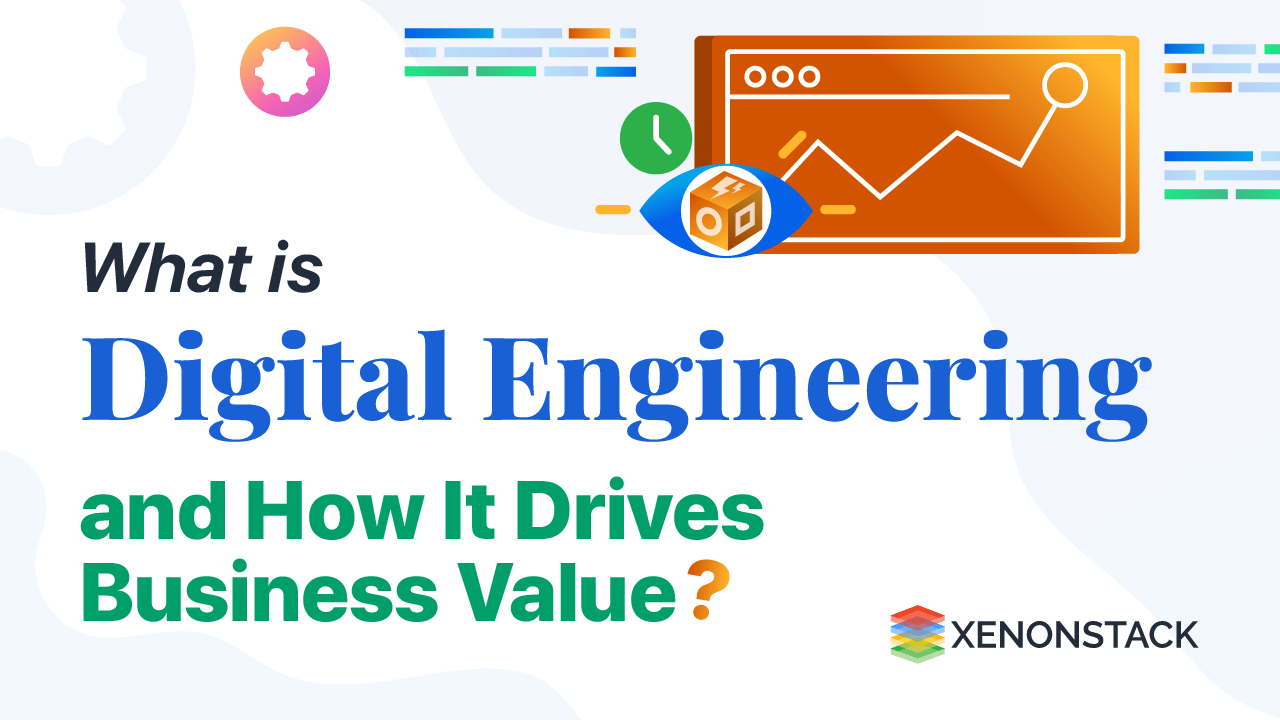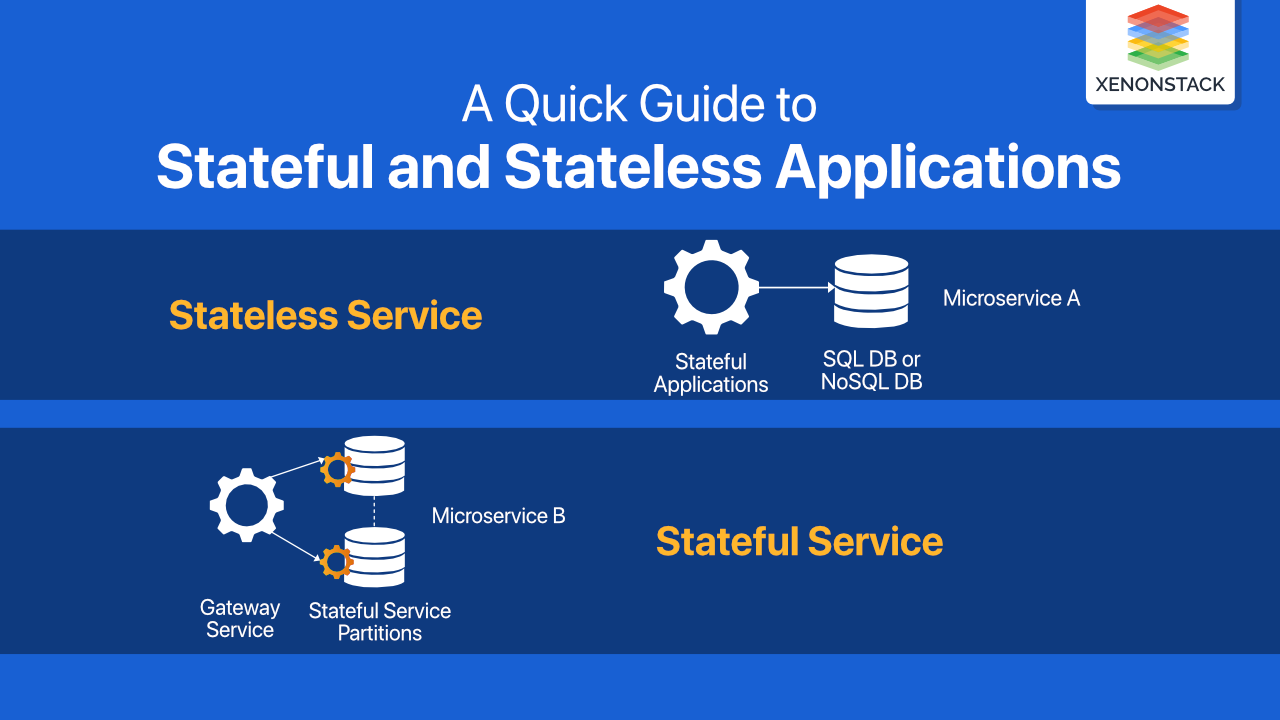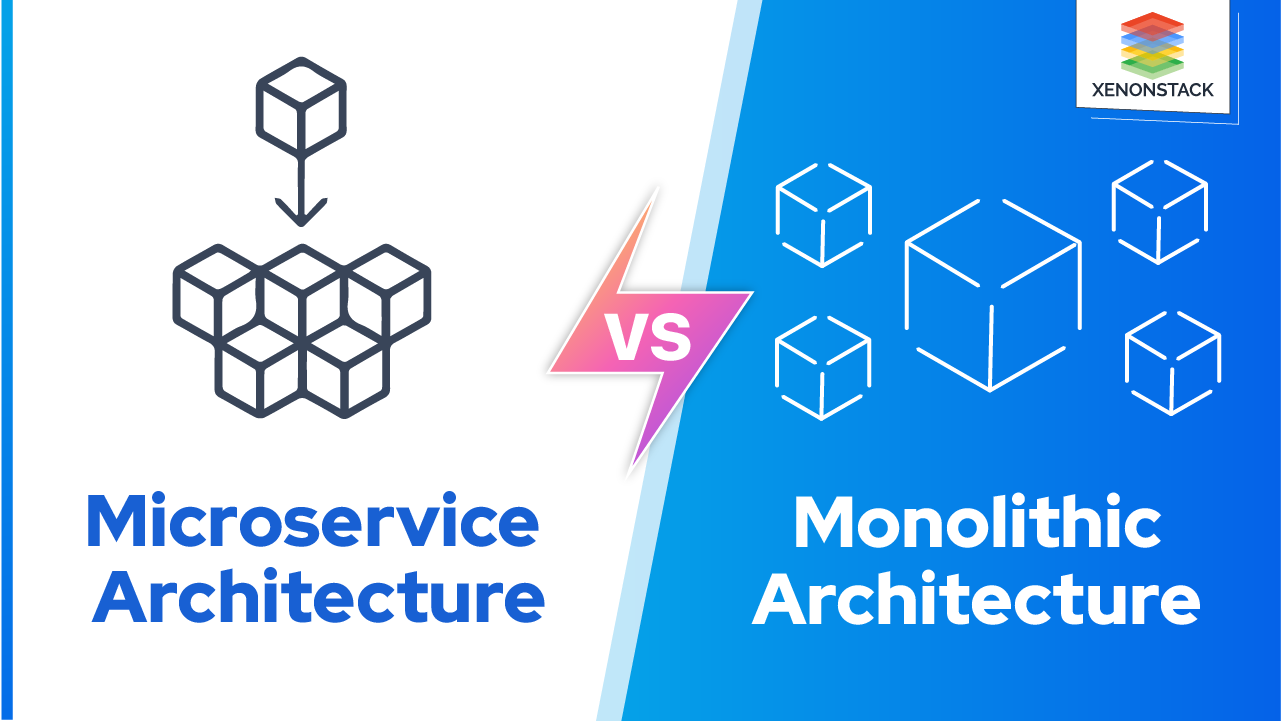
What is Digital Engineering?
Digital engineering is the approach used to design and deliver new applications. It covers the entire process of creating digital products from start to finish. It utilizes data and advanced technologies to enhance existing applications or build new solutions.
Business Benefits of Digital Engineering
Applying digital engineering to software development leads to Software Product Engineering (SPE), which spans the entire product lifecycle, including design, development, testing, and deployment. SPE fosters collaboration between design and engineering teams, focusing on enhancing user experiences and overall performance, ultimately driving better business outcomes.
Digital Engineering Principles
Digital engineering uses digital technologies and tools to design, create, operate, and maintain physical systems and products. It integrates computer-based systems with traditional engineering practices to enable more efficient, effective, and sustainable solutions. Digital engineering encompasses various disciplines, including computer science, electrical engineering, mechanical engineering, and more. It is an important aspect of the broader field of digital transformation, which refers to using digital technologies to change how businesses and organizations operate and deliver value.
Digital Engineering Applications and Models for DigitalOps
-
Building and operating smart infrastructure, such as transportation systems and energy networks, equipped with sensors, controls, and data analytics capabilities.
-
Designing and manufacturing products using computer-aided design (CAD) and computer-aided manufacturing (CAM) tools.
-
Developing and deploying digital twin technology, which uses virtual representations of physical systems to simulate and optimize their performance.
-
Implementing Industry 4.0 technologies, such as the Internet of Things (IoT), artificial intelligence (AI), and robotics, in manufacturing and other industrial sectors.
Digital engineering is often closely linked with other emerging technologies, like the Industrial Internet of Things (IIoT), cybersecurity, blockchain, and platform engineering. Together, these technologies have the potential to revolutionize the way we design, build, and maintain physical systems and products, enabling more efficient, intelligent, and resilient solutions.
Why do we need Digital Engineering Services?
Efficiency
Digital engineering allows for more efficient design, development, and operation of physical systems and products. For example, computer-aided design (CAD) and computer-aided manufacturing (CAM) tools can significantly reduce the time and cost of designing and building products. Digital twin technology can be used to simulate and optimize the performance of physical systems, leading to more efficient operation and maintenance.
Effectiveness
Digital engineering can help improve the effectiveness of physical systems and products by enabling more precise and accurate design and development. For example, 3D printing and other advanced manufacturing techniques can enable the creation of more complex and custom products. Digital twin technology is being used to simulate and optimize the performance of physical systems under different conditions, helping to identify and address potential issues before they occur.
Sustainability
Digital engineering can help create more sustainable solutions by enabling more efficient and effective resource use. For example, smart infrastructure and the Internet of Things (IoT) can help optimize energy consumption and reduce waste. Digital twin technology can also simulate and optimize the environmental impact of physical systems and products.
Innovation
Digital engineering can facilitate innovation by enabling the creation of new and more advanced physical systems and products. For example, the use of artificial intelligence (AI) and machine learning can help to design and optimize new products and processes, while the integration of Industry 4.0 technologies such as robotics and the IoT can enable the creation of more advanced and flexible manufacturing systems.
Improved Customer Satisfaction
Digital engineering can help businesses deliver better products to customers by enabling the creation of more efficient, effective, and reliable solutions. For example, digital twin technology can help identify and address potential issues before they occur, leading to fewer disruptions and a better customer experience.
Click here to learn about The Top 3 Digital Engineering Imperatives
How to Build a Digital Engineering Services Strategy
Some of the best practices for Implementing Digital Engineering with Digital Engineering Principles are:
Start with a clear understanding of your Goals and Objectives
Before implementing any digital engineering initiatives, it is important to have a clear understanding of what you are trying to achieve. This could include improving efficiency, effectiveness, sustainability, innovation, or a combination of these goals. Defining your objectives will help you to identify the specific digital engineering technologies and approaches that will be most effective in meeting your needs.
Develop a Comprehensive Digital Engineering Strategy
A comprehensive digital engineering strategy should outline the steps you will take to achieve your goals, including identifying the specific technologies and tools you will use, as well as the resources and personnel needed to implement them. It should also consider the potential risks and challenges you may face and outline how you will mitigate them.
Build a Strong Team
Digital engineering requires a diverse set of skills, including expertise in computer science, electrical engineering, mechanical engineering, and more. It is important to build a team that has the required skills and expertise to support your digital engineering initiatives. Consider hiring employees with relevant backgrounds or investing in training and development to help your existing team acquire the necessary skills.
Focus on Data Management
Effective digital engineering relies on the ability to collect, process, and analyze large amounts of data. Establishing strong data management practices and an integrated digital approach, including developing clear policies for data storage, access, and security and investing in the necessary tools and infrastructure to support data management, is important.
Collaborate with Partners and Stakeholders
Digital engineering models often involve working with various partners and stakeholders, including suppliers, customers, and regulatory bodies. Establishing effective communication and collaboration channels with these parties is important to ensure your digital engineering initiatives align with their needs and goals.
Continuously Review and Improve
Digital engineering is an iterative process, and it is important to regularly review and assess the effectiveness of your digital engineering initiatives. This may involve analyzing performance metrics, soliciting stakeholder feedback, and making adjustments to optimize the performance of your physical systems and products.
Digital Engineering Model Industry Adoption Trends
Digital engineering Services has the potential to transform a wide range of industries, including:
Manufacturing
Digital engineering can help manufacturers to design and build more efficient, effective, and sustainable products. For example, the use of computer-aided design (CAD) and computer-aided manufacturing (CAM) tools can streamline the product development process, while the integration of Industry 4.0 technologies, such as the Internet of Things (IoT) and robotics can enable the creation of more advanced and flexible manufacturing systems.
Construction
Digital engineering can help optimize the design, construction, and operation of buildings, infrastructure, and other physical assets. For example, 3D printing and other advanced manufacturing techniques can enable the creation of more complex and custom structures, while the integration of smart building technologies such as IoT sensors and controls can help optimize energy consumption and reduce waste.
Energy
Digital engineering can help optimize the design, operation, and maintenance of energy systems, including renewable energy sources like wind and solar. For example, digital twin technology can simulate and optimize the performance of energy systems under different conditions while integrating IoT sensors and controls, which can help optimize energy consumption and reduce waste.
Transportation
Digital engineering can help optimize the design, operation, and maintenance of transportation systems, including roads, railways, and airports. For example, the use of smart infrastructure technologies such as traffic sensors and controls can help optimize vehicle flow, while the integration of IoT sensors and controls can help optimize vehicle performance and reduce maintenance costs.
Healthcare
Digital engineering can help optimize the design, operation, and maintenance of healthcare facilities and systems. For example, digital twin technology can be used to simulate and optimize healthcare facilities' performance, while the integration of IoT sensors and controls can help optimize patient care delivery and reduce costs.
Take the Next Leap into Digital Engineering
Talk to our experts about implementing Digital Engineering practices, and how industries and various departments leverage digital tools and methodologies to enhance product development. By adopting a data-driven approach, Digital Engineering streamlines the design, development, and deployment processes, optimizing workflows and improving collaboration across teams. This leads to faster innovation, higher-quality products, and more efficient operations


